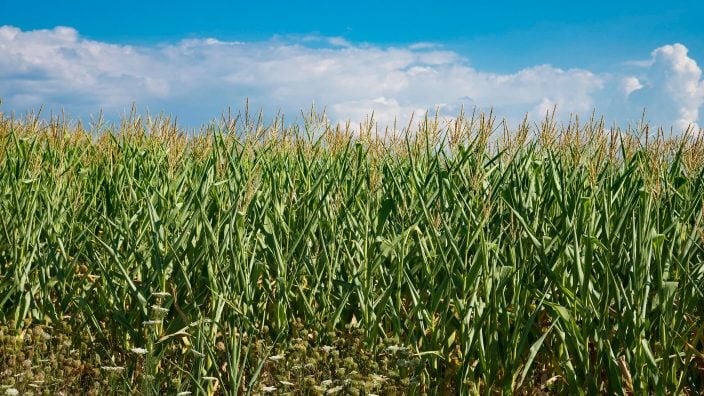Legal with Leah: The questions around data centers
Leah Curtis joins this Legal with Leah to talk about what data centers mean for local communities and how to stay engaged in the development process
Read MoreOhio Farm Bureau and the Union County Farm Bureau recently filed an amicus brief in a case with potential impacts to farmland preservation programs. In this Legal with Leah, Ohio Farm Bureau Policy Counsel Leah Curtis fills us in on Columbia Gas of Ohio v. Bailey Family/Arno Renner Trust.
Listen to Legal with Leah, a podcast featuring Ohio Farm Bureau’s Policy Counsel Leah Curtis discussing topics impacting farmers and landowners.
Ty Higgins [00:00:06] (We) talked about our involvement in an Ohio Supreme Court case in the last episode, but we’re also very busy on another case. Ohio Farm Bureau and the Union County Farm Bureau recently filed an amicus brief in a case with potential impacts to farmland preservation programs. So what’s this case about?
Leah Curtis [00:00:23] So this is Columbia Gas of Ohio v. The Bailey family and the Arlo Renner Trust. And this is an eminent domain case, again. It’s a utility company looking to take property to build a high pressure pipeline. But the one unique thing about this case is that this land has a farmland preservation easement that was donated to the state of Ohio upon that property. So that is a very unique situation that we don’t often see come up, even though we do see eminent domain cases pretty regularly.
Ty Higgins [00:00:54] For those who don’t know, what is a farmland preservation easement?
Leah Curtis [00:00:57] So sometimes we call these ag easements or agricultural easements, and basically the landowner sells or they donate what we call the development rights on the property. So just like you might have other easements on your property, this easement says that the property cannot do a lot of things and that primarily the property has to be used for agricultural production. And so it limits the presence of structures, limits other uses or corporate or industrial uses. Typically the easement is held or owned by the state of Ohio, usually through the ag easement donation or purchase programs, and those are administered by the Ohio Department of Agriculture. There’s also often a local sponsor, or there may be a private land trust or organization that owns that easement.
Ty Higgins [00:01:42] Landowners that are involved in this program can certainly see this as a big concern.
Leah Curtis [00:01:46] Yes. Because landowners enter into these easements because they intend for their land to remain in agriculture and not just for their family, but for future generations, for anyone who might buy the property in the future. And so there is a very important role here in preserving farmland, particularly prime farmland. And so in this case, the landowner donated the easement. So sometimes there is payment for these easements. In this case, the landowner donated it to the state of Ohio. So that makes it a charitable gift. And the intent of that gift really needs to be respected. The landowner and the state agreed when that gift was made that we’re going to continue to have this land in farmland and in agricultural production. And so we want to make sure that those gifts are respected and that these easements are respected.
Ty Higgins [00:02:31] This case, though, also showcases some more common issues with eminent domain.
Leah Curtis [00:02:35] So just like we talked about in the last episode, the court is going to consider whether there should be a review of necessity of this taking, whether because it’s a utility project, it should just be assumed as necessary. And then there’s the underlying issue of eminent domain for economic development, which in past cases, the Ohio Supreme Court has ruled that economic development is not a primary reason for eminent domain. But we do hear it kind of used as a, at least a secondary justification for a lot of eminent domain projects across the state.
Ty Higgins [00:03:08] So what’s next for this case in particular?
Leah Curtis [00:03:10] So this case is on its first appeal. It’s in the Third District Court of Appeals. So there will still be some more briefing done because that’s just the nature of the appeal. And then the court will schedule oral argument for probably later this year and then we’ll see where it goes from there.

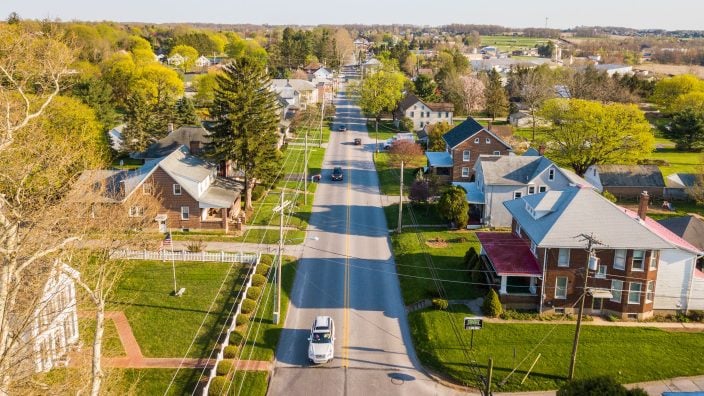
Leah Curtis joins this Legal with Leah to talk about what data centers mean for local communities and how to stay engaged in the development process
Read More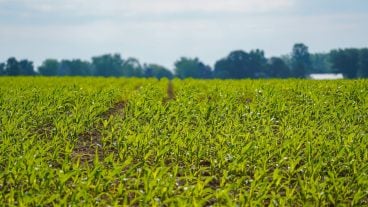
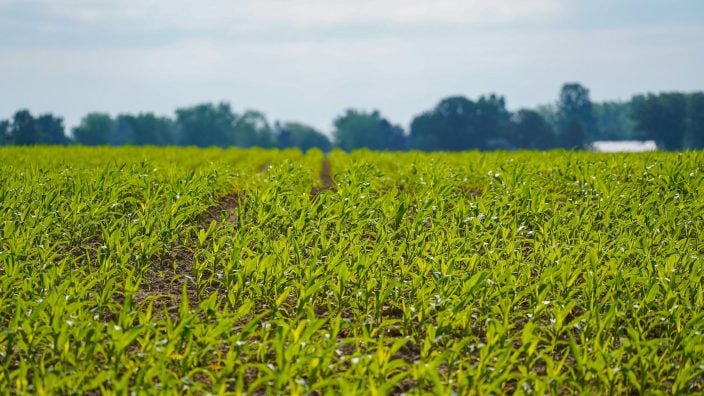
Ohio Farm Bureau advocated for a change in the law to allow family members and employees to handle pesticides while under the supervision of a licensed applicator. The rules around HB 10 are being finalized.
Read More

Four property tax reform bills were signed into Ohio law at the end of 2025. Ohio Farm Bureau Associate General Counsel Leah Curtis breaks down the bills and what the changes mean for Ohioans.
Read More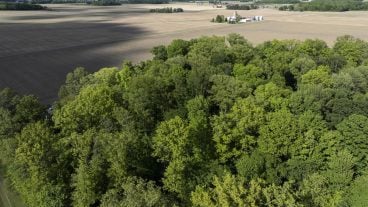

Learn what the requirements are to legally fly a drone in Ohio as well as steps the Ohio Legislature has taken in terms of security concerns.
Read More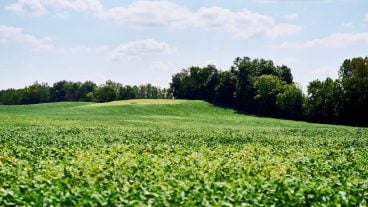
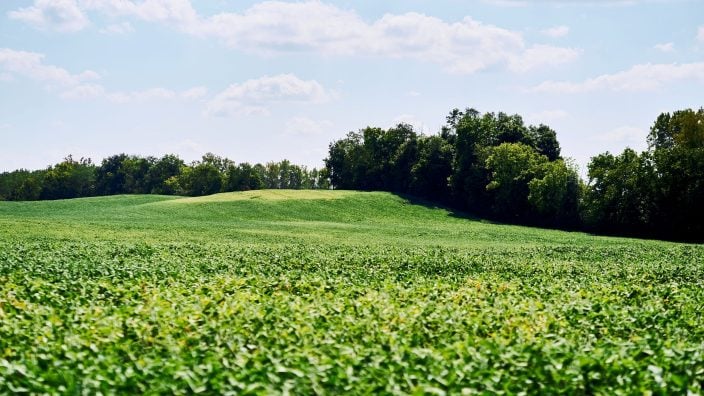
In 2025, about 21 counties are going through a reappraisal or update, and because Ohioans pay taxes one year behind, they will see new property tax bills in January 2026.
Read More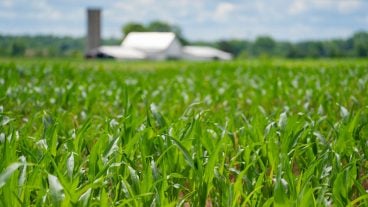
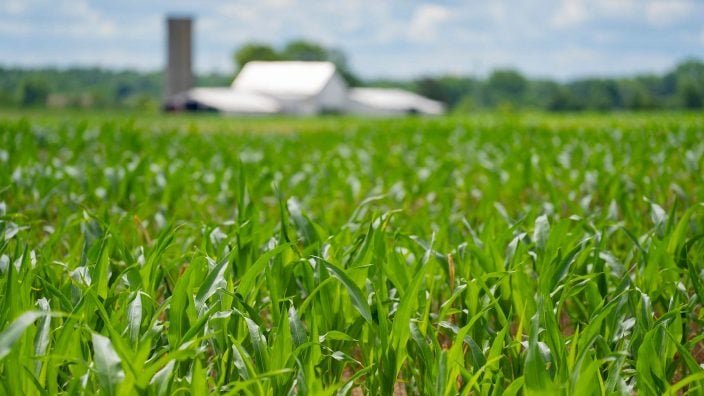
Any unlicensed handlers who use restricted use pesticides will need to have additional training. Farm Bureau will be working on legislation to give employers a choice on how to provide training.
Read More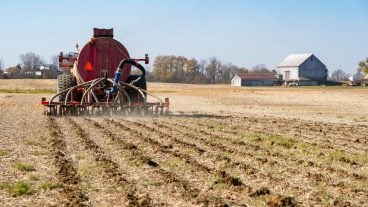
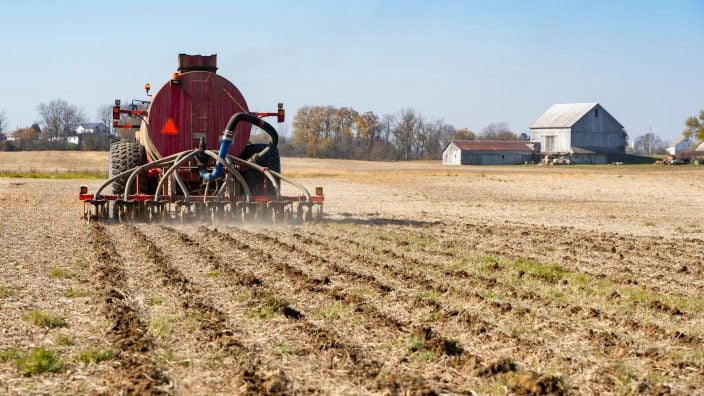
Current Agricultural Use Value is often discussed as a farmland preservation tool, but there are some other tools in the law that landowners can consider.
Read More

Update: As of Feb. 27, 2025, the Financial Crimes Enforcement Network announced no fines, penalties or enforcement action will be taken against companies based on failure to file or update BOI by March 21.
Read More

Update: As of Feb. 27, 2025, the Financial Crimes Enforcement Network announced they would not issue any fines or penalties or take enforcement action against companies based on failure to file or update beneficial ownership information reports by the March 21, 2025, deadline.
Read More

Update: As of Feb. 27, 2025, the Financial Crimes Enforcement Network announced they would not issue any fines or penalties or take enforcement action against companies based on failure to file or update beneficial ownership information reports by the March 21, 2025, deadline.
Read More